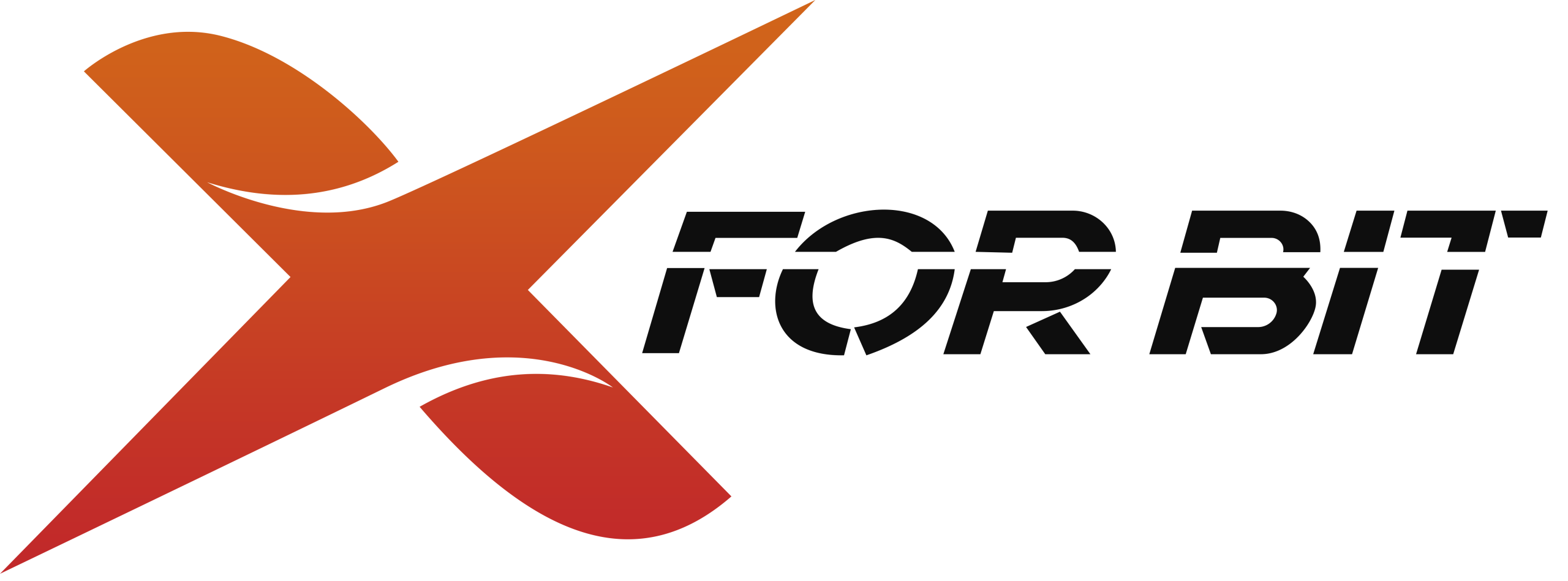In 2025, Artificial Intelligence (AI) is no longer a buzzword in the HR space—it’s a strategic enabler. From streamlining payroll processing to revolutionizing recruitment, AI is transforming Human Resource Management Systems (HRMS) into intelligent platforms that reduce human error, enhance decision-making, and drastically improve efficiency.
Let’s explore how AI is reshaping HR operations, especially in HRMS, payroll, and recruitment systems.
🔹 Smarter HRMS with Predictive Intelligence
Traditional HRMS platforms are evolving into AI-powered ecosystems capable of understanding employee behavior, predicting attrition, and optimizing workforce planning.
Key Features in 2025:
- AI Chatbots for employee self-service: AI assistants now handle routine HR queries like leave balances, attendance issues, and policy questions 24/7.
- Predictive analytics: AI models identify patterns in employee engagement, absenteeism, and performance to suggest actionable insights to HR managers.
- Personalized employee experiences: From onboarding to training, AI tailors content and workflows based on user behavior and role.
🔹 Payroll Automation Meets Intelligence
Payroll, once a repetitive, error-prone task, is now powered by intelligent automation. With AI, payroll systems are becoming smarter, faster, and more compliant.
What’s new in 2025:
- Automated compliance tracking: AI engines stay updated with local labor laws, tax rules, and government policies to auto-correct discrepancies before processing.
- Fraud detection & anomaly spotting: Machine learning flags unusual patterns like duplicate entries, sudden bonus spikes, or fraudulent claims.
- Natural language payslip queries: Employees can now ask questions like “Why was my TDS higher this month?” and get human-like, instant answers.
🔹 AI-Driven Recruitment: From Resumes to Retention
Recruitment has undergone one of the most dramatic transformations due to AI. Hiring is now faster, fairer, and more data-driven.
AI is enabling:
- Resume screening at scale: NLP (Natural Language Processing) parses thousands of resumes and ranks candidates by skill relevance, experience, and even cultural fit.
- Bias-free hiring: AI models trained on diverse data sets reduce human biases, promoting more inclusive recruitment processes.
- Video interview analysis: Tools analyze voice tone, facial expressions, and language to assess confidence, clarity, and attitude in real-time.
- Job-candidate matching algorithms: AI matches open roles with internal talent or external candidates with surprising accuracy.
🔹 Integration with Other Business Systems
In 2025, AI-powered HR systems aren’t standalone. They are deeply integrated with other enterprise systems like ERP, CRM, and finance tools. This cross-functional integration:
- Improves cross-departmental insights
- Enables real-time payroll cost tracking
- Enhances workforce forecasting accuracy
🔹 Final Thoughts
AI is not replacing HR professionals—it’s amplifying their value. By handling routine and complex data-driven tasks, AI allows HR teams to focus more on strategic decision-making, employee well-being, and organizational culture.
Companies that adopt AI in their HRMS, payroll, and recruitment workflows are not just improving efficiency—they’re building agile, future-ready organizations. In a world where talent is everything, AI is the new competitive advantage in HR.





